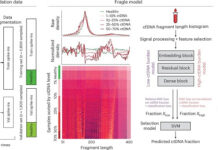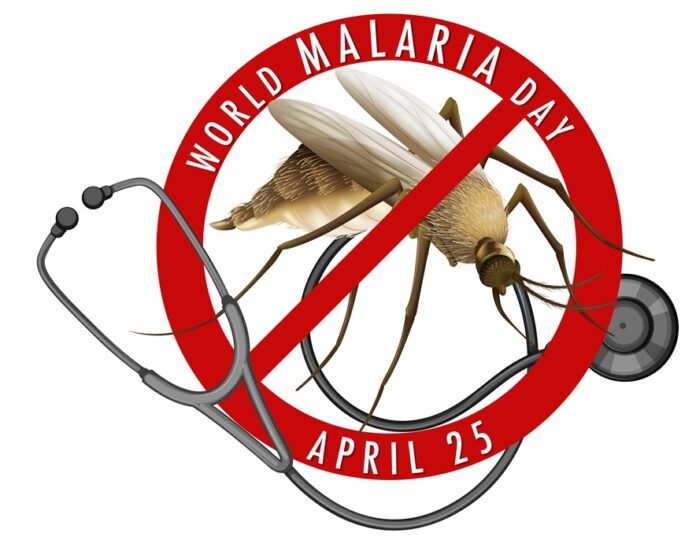A Message from Saima Wazed, WHO Regional Director for South-East Asia.
Every year on April 25, the world observes World Malaria Day—a moment to renew global attention and commitment to ending one of humanity’s oldest diseases. Established in 2007 by WHO Member States during the World Health Assembly, this day reminds us that sustained investment and political will remain critical in the fight against malaria.
This year’s theme, “Malaria Ends with Us: Reinvest, Reimagine, Reignite,” emphasizes a grassroots-driven campaign, uniting global partners through the RBM Partnership to End Malaria, WHO, and countless communities to accelerate progress toward malaria elimination.
A Turning Point for South-East Asia
We now stand at a pivotal moment—one filled with both immense opportunity and pressing challenges. It is time to shift from traditional approaches and adopt a bold, whatever-it-takes mindset.
South-East Asia has made remarkable strides. According to the World Health Organization, this region is the only one to have met the Global Technical Strategy (GTS) 2020 milestones for reducing malaria cases and deaths. Encouragingly, we remain on track to reach the ambitious GTS 2025 and 2030 targets.
Success stories like Maldives and Sri Lanka, which were certified malaria-free in 2015 and 2016 respectively, inspire us. Among the nine malaria-endemic countries in our region, four—Bhutan, India, Nepal, and Timor-Leste—have cut malaria incidence by over 63% since 2015. Bhutan and Timor-Leste now stand on the brink of complete elimination.
Challenges That Demand Bold Action
Despite the progress, malaria continues to pose a formidable challenge. South-East Asia still contributes the second-largest share of global malaria cases, and the momentum of progress has slowed.
Factors such as political instability, conflict-related disruptions, and the rise of drug-resistant malaria in the Greater Mekong Subregion complicate our mission. Added to this are insecticide resistance, climate change, and difficulties reaching marginalized populations. Fragile health systems and shrinking international funding further threaten our progress.
The Path Forward: Reinvest, Reimagine, Reignite
Reinvest: Secure Sustainable Financing
To eliminate malaria, we must ensure long-term financial sustainability. In an era of constrained funding, domestic resource mobilization is more important than ever. Investing in malaria elimination is not just a health imperative—it’s a smart economic decision. It boosts workforce productivity, reduces health costs, and supports national development.
Reimagine: Innovate for Impact
As malaria patterns evolve, so must our strategies. We need to harness digital health technologies to improve surveillance and enable faster decision-making. Adaptive healthcare models are essential, especially in conflict-affected and remote areas. Community-led case management can expand reach and ensure that even the most vulnerable populations receive care. Additionally, we must strengthen cross-border collaboration to ensure uninterrupted services for migrant and mobile populations.
Reignite: Fuel the Fight with Passion
Malaria elimination demands more than resources—it needs passion and urgency. We call on political leaders to champion malaria as a national priority. Frontline health workers—the backbone of our response—deserve our full support, recognition, and motivation. Most importantly, communities must be empowered to lead the charge through active participation and local ownership of interventions.
Together, We Can End Malaria
On World Malaria Day 2025, let us all recognize that ending malaria is not the job of governments or health agencies alone. It is a shared responsibility—one that requires commitment from every individual, every community, and every partner.
The end of malaria is within our grasp. Let us reinvest in what works, reimagine how we deliver, and reignite our collective determination. Together, we can create a malaria-free South-East Asia by 2030—because malaria truly ends with us.
























